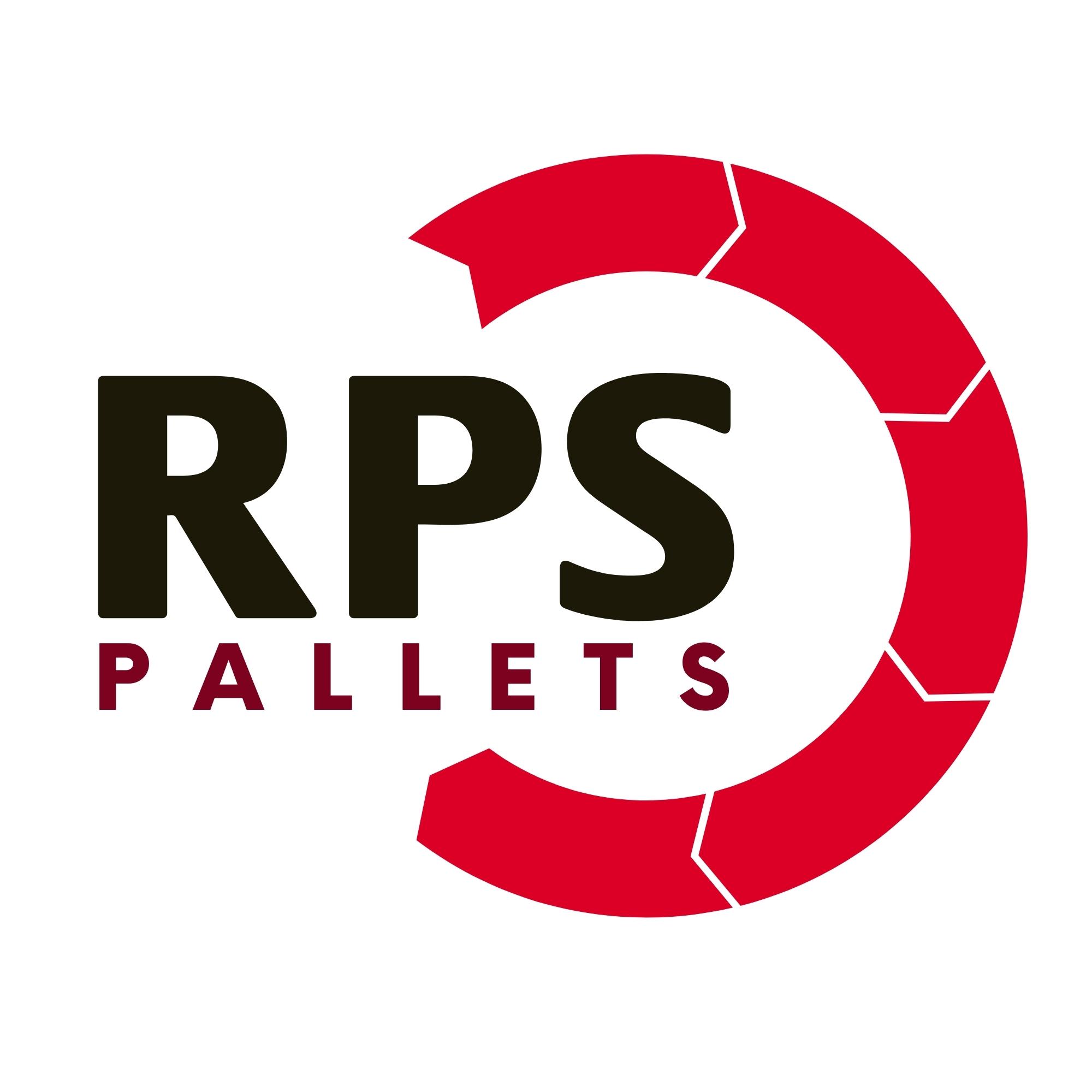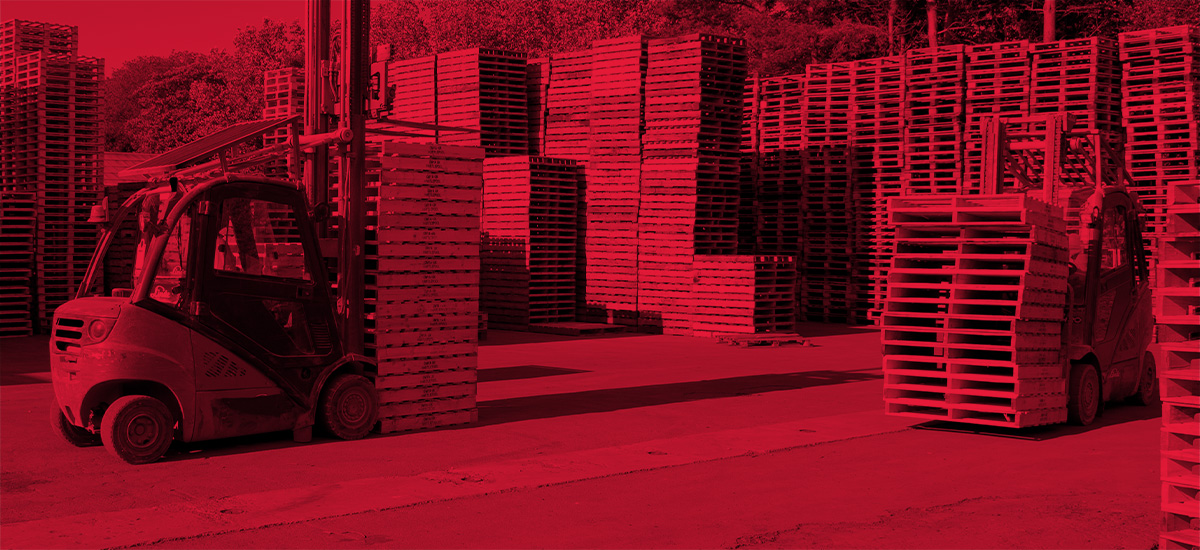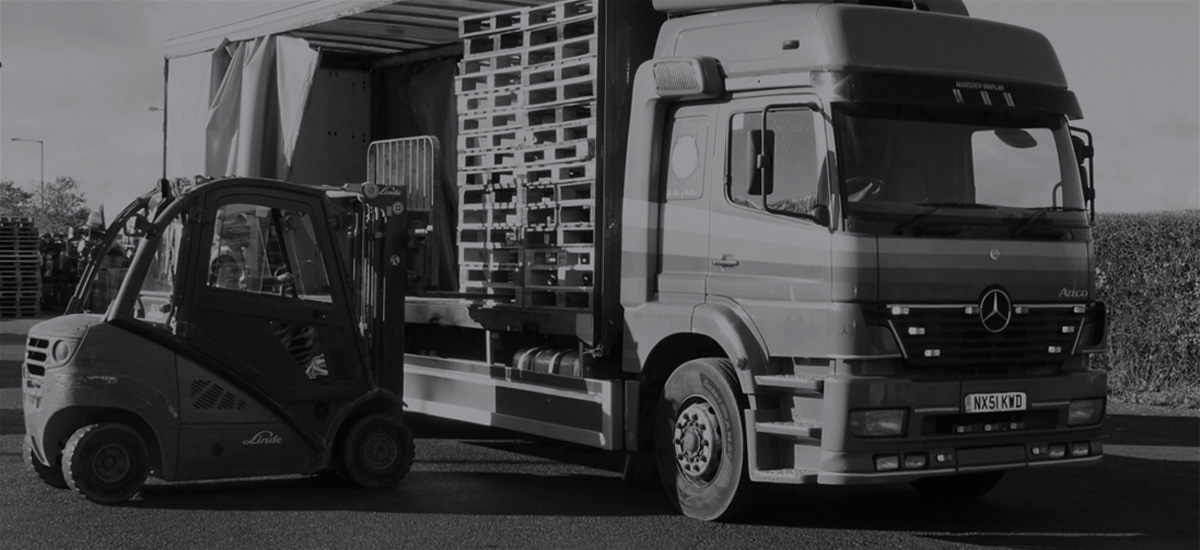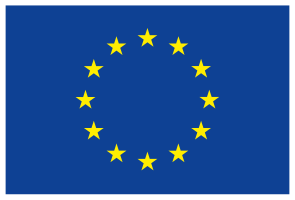The government is planning to introduce a new tax by 2022 on all plastic that does not include at least 30 per cent of recycled post-consumer recycled (PCR) materials. The aim is to encourage businesses to be more responsible for the clean-up and recycling costs of their packaging.
According to Chancellor Philip Hammond, the future revenues from the packaging tax reforms will go towards investments to tackle the issue of single-use plastic and waste. This could be great news for the environment but, could there be a better way to manage plastic packaging and reduce pollution?
Over two million tonnes of plastic packaging is used in the UK each year and the majority of this is made from virgin plastic, due to the cost-efficiency of new material. Single use plastic packaging has hit the headlines over the last two years, particularly plastic straws and food packaging. However, there are several types of plastic packaging in circulation that are not single use and reuse is proven to have the least environmental impact.
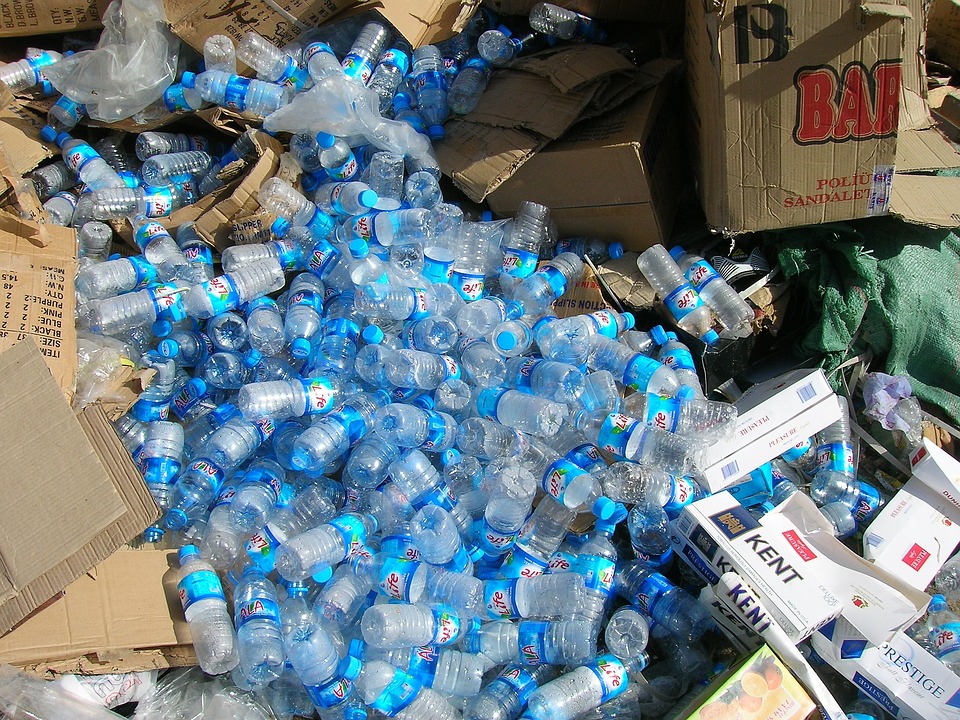
Industrial plastic packaging, including plastic drums and IBCs, according to legislation cannot contain PCR. That’s not to say that a new drum or IBC needs to be used for every delivery of a product and they’re not suitable for multiple trips. Drums and IBCs can be cleaned and reused over and over again, much like a cup being cleaned and reused for a tea or coffee.
The process of reusing a material requires 10 per cent less opposed to manufacturing new products or recycling existing ones. RPS handles wooden pallets in this manner, reusing them over and over again until recycling is the final option (and never landfill). The same can be applied to industrial plastic packaging, generating the most environmental outcome.
It’s commendable that the Government is looking to reduce plastic waste, particularly the waste that ends up in the ocean. But it seems that reuse gets swallowed up within recycling targets and there should be more focus on reuse in isolation to help provide a change in mindset and apply a more environmentally friendly alternative. For instance, reusable containers are being trialled in several supermarkets to hold groceries and this is a brilliant way of reducing plastic packaging.
If reuse targets were to be made separately from recycling targets, this could give people and businesses the initiative to become more environmentally and economically aware. Reuse is not only more sustainable, it is cheaper than recycling ‘waste’ into something new.
Reuse should be the first option with any material used for packaging. While the use of recycled materials in new plastic products will initially help reduce the volume of plastic waste, reuse should be championed as the best choice.
Let us know your thoughts on the new tax by tweeting us @RPS_Limited.
